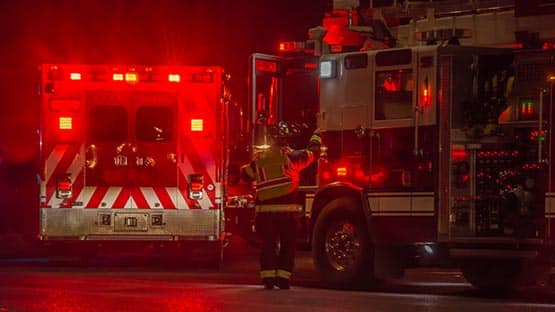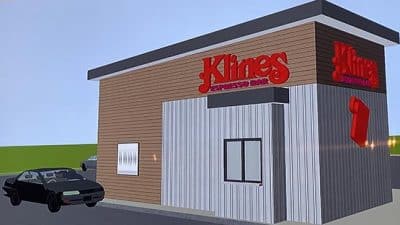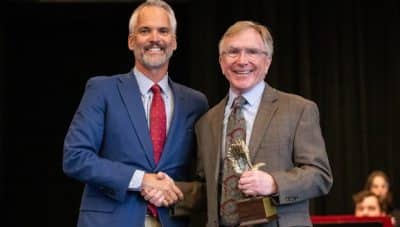The guy could prepare kids for the NFL, even if he had a hard time winning games
Column by Chris Graham
[email protected]

Regular readers of my columns know how critical I was over the years of Al Groh and his failed tenure at his (and our) alma mater – how he couldn’t beat Tech, heck, couldn’t beat anybody consistently other than Duke, and even couldn’t do that at the end, that sort of thing.
Turns out he was taking care of business behind the scenes in one way that I would like to see more coaches emulate.
“I think a lot of people wonder, How does UVa. have so many players playing in the NFL when the team wasn’t doing well at the college level? I think one of the reasons is that Coach Groh ran an NFL system, so the transition and the learning curve for us wasn’t as steep as it was for some other college players,” four-year NFL veteran and 2006 UVa. alum Brad Butler told me recently.
Butler had just spoken to a group at a local high school about civic participation, a key interest of his dating back to his days on Grounds at the University. I admitted to him later that I hadn’t been following his NFL career as closely as I had some of our fellow alums. You can tend to forget the O linemen, especially when they play in obscurity in Buffalo, aka the team in the AFC East that never makes the playoffs.

“It certainly was different switching from blocking athletic D-ends to blocking 350-pound monsters like Vince Woolfork. It was a change, but at the same time, like I told these kids, when you’re facing something new, you can face it as either an obstacle or an opportunity,” Butler said.
“I looked at it as, Hey, this is my chance to get to play,” Butler said.
My next question – um, so, how, exactly, does a relatively smallish guy like you play guard in the NFL?
“It’s one of the things that I will say about Coach Groh. Coach Groh did a great job preparing us,” Butler said. “He understands that in the NFL the teams have small rosters. So to be able to tell kids, Hey, if you want to make it on an NFL roster, you’ve got to be able to play not only one position, but multiple positions, was a big help to me. Because that was one of my strengths coming in as a rookie, was that I could play left tackle, I could play right tackle, I could play either of the guard positions.”
So he was crosstrained, essentially. And because Groh ran things behind the scenes on an NFL-team schedule – “the practices, the meetings, everything we did was the exact same as we’d done at UVa., so we were much more comfortable with it,” Butler said.
The part of me that would want college coaches to be like professors in getting their students ready for the real world has to admire that.










